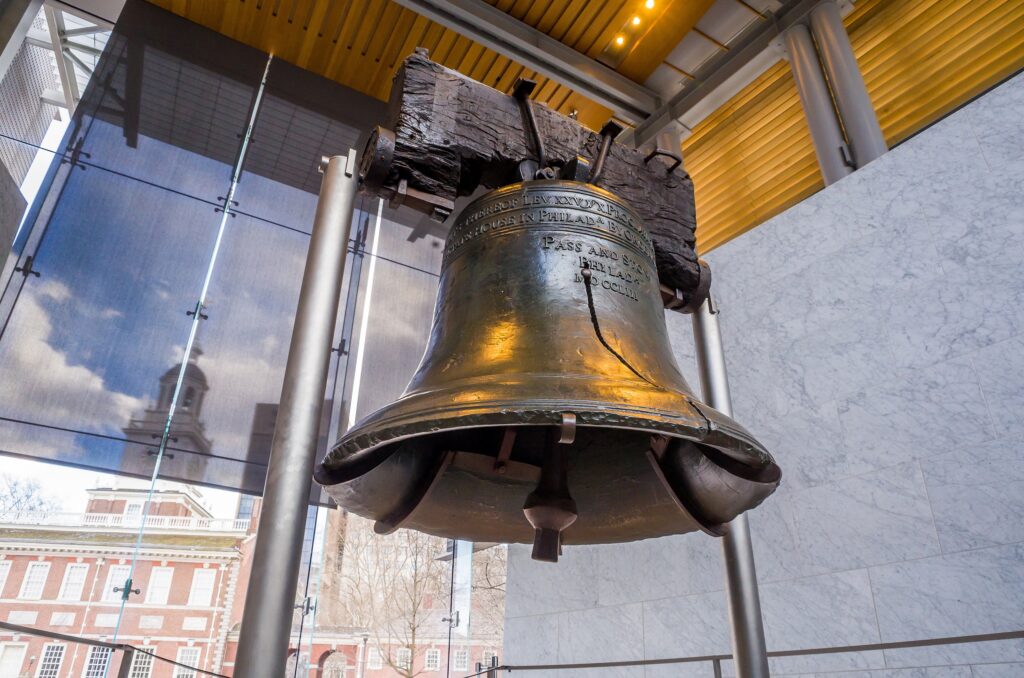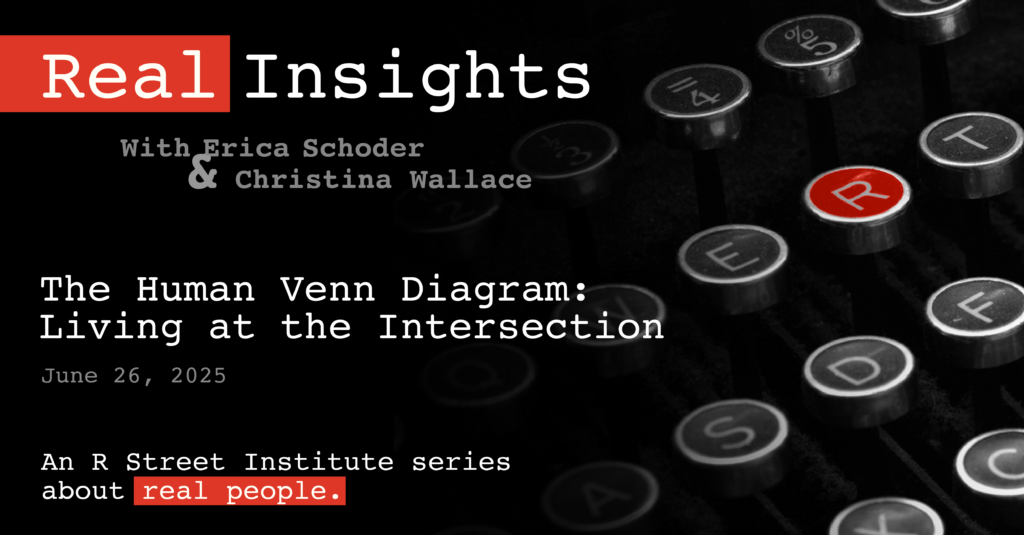Event: China and the WTO: A 20 Year Review
From R Street Institute:
After intense protest and protracted negotiations, China joined the World Trade Organization (WTO) in December of 2001. Beijing’s place in the rules-based trading system was secured. Yet over time, the U.S.-China economic relationship began to change and has shifted rapidly in recent years. From a protracted trade war and temporary détente, to a new American presidential administration and the rise of Xi Jinping, the U.S.-China economic relationship has undergone a series of political shifts with profound ramifications for the future of global commerce.
Simon Lester and Huan Zhu, the creators of chinatrademonitor.com, a new website that provides analysis on the complexities of the U.S.-China economic relationship, as well as Dr. Mary Lovely of the Peterson Institute for International Economics joined R Street’s Clark Packard for a discussion on economic issues and relations between the world’s two largest economies.
Moderator:
Clark Packard, Resident Fellow and Trade Policy Counsel, R Street Institute
Panelists:
Simon Lester, President, China Trade Monitor
Huan Zhu, Vice-President, China Trade Monitor
Mary Lovely, Professor of Economics, Syracuse University’s Maxwell School of Citizenship and Public Affairs and Senior Fellow, Peterson Institute for International Economics








